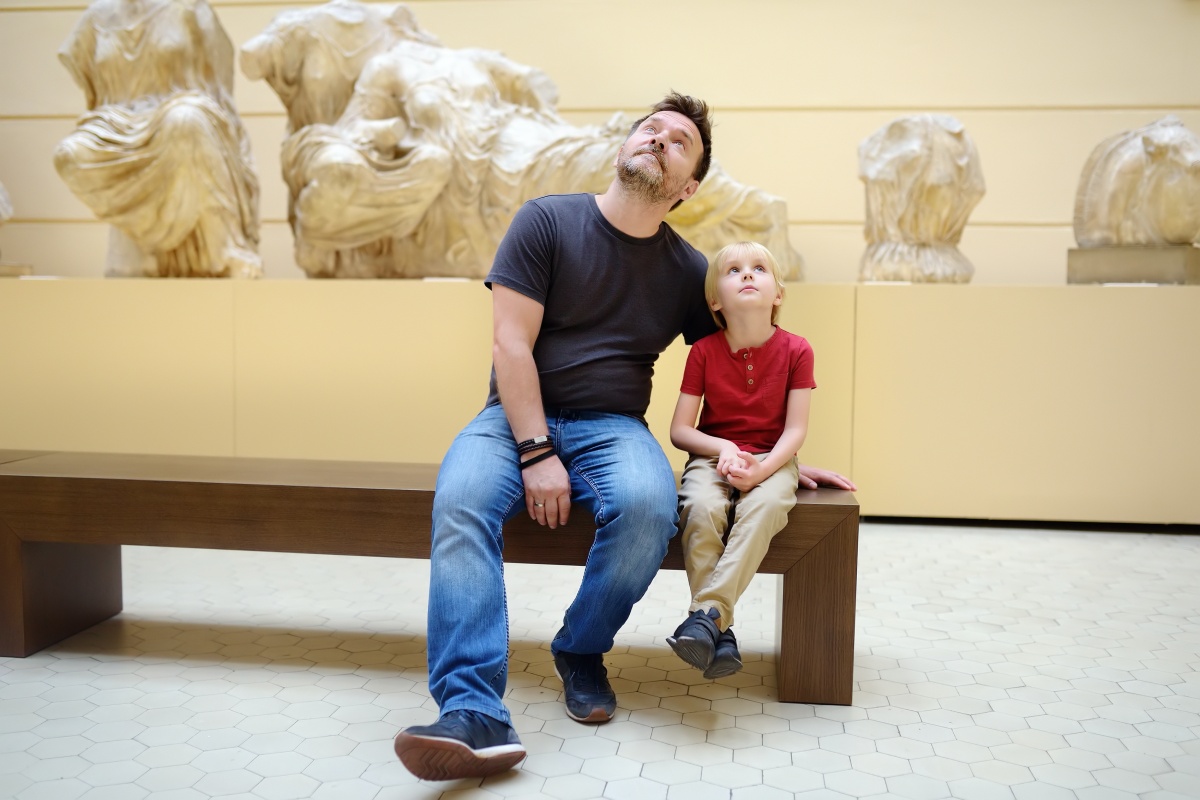
“What is going on? Why is he having a meltdown when we tell him it’s bedtime? He’s nine!”
My husband and I slumped into seats across from each other at the kitchen table. The sticky, crumb-laden tabletop scattered with homework papers and other backpack entrails didn’t help the situation.
Tired of dreading bedtime and sick of feeling like we were failing every night, we knew something needed to change.
We put the struggle bus in park and took a look out the back window.
“We know how to do this. We’ve figured out how to get kids to go to bed peacefully before,” my husband affirmed, “We can figure out how to do it again.”
Before our first child was born, we read all the things and learned the importance of putting our kids on a schedule. Then we put the books down, and did our best to develop one that would work between our job and grad school schedule. We traveled often, staying in people’s houses, hotels, or camps.
Since we couldn’t let the clock or our surroundings regulate the bedtime ritual, we needed a routine that could travel with us. Ours was simple:
Dinner→ Pajamas → Brush teeth/Washcloth rub for babies → Pray → Bed
Having a set of events that happened in order every night allowed each of our four kids to have the comfort of a routine whether we were at a cousin’s, a Courtyard or Cabin 6.
A recent ADHD diagnosis for our youngest added a layer of complexity to the mix, so we’ve been forced to research, unlearn, and relearn a lot. One of the most important things we’ve found is that all kids’ brains are wired to run on routines.
For young children, it’s all about how they understand the world around them. Since they don’t fully grasp the concept of time yet, they order their lives around the events that happen in a day. So when events happen in a predictable pattern, you help them better understand their world. This allows them to feel more confident and secure.
Essentially, routines assure young children that their needs will be met.
And while routines help build trust between kids and their parents, inconsistency does the exact opposite and creates emotional anxiety. And who needs any more of that?
Here are a few added benefits of a routine:
- Nagging and power struggles are eliminated before they even start. Rather than feeling bossed around, kids realize, “Oh, we always nap after lunch.”
- Kids learn to anticipate and eventually take charge of their own activities. There is nothing more rewarding than to see your hard work pay off as your child begins to grow competent and confident enough to do things on their own.
- Kids learn self control because they know they have to wait for certain things to happen first.
- Time is unlocked for special connections like snuggling, reading, singing or staring at the ceiling and dreaming together.
The busyness in our family life has ramped up in the past six months, throwing our nine-year-old off-kilter. Now, we cannot always guarantee the same scheduled bedtime every night. But we can deliberately create a routine he can cling to no matter what.
It hasn’t been easy to take what feels like two steps backward. We’ve had to be intentional about re-starting and sticking to a new routine. But a regular series of events can begin no matter what time the clock says. This has clearly given our son the security he craves. Even during busy seasons, or when something unexpected railroads our schedule, he feels secure knowing we see him, we hear him, and there is a routine. As soon as the first domino tips, he knows what will happen next.
As we’ve experienced, some kids need routine more than others, but every kid benefits. Focusing on routine has helped our kids know what to expect, and it has helped all of us hold on to a little bit more of our sanity.




